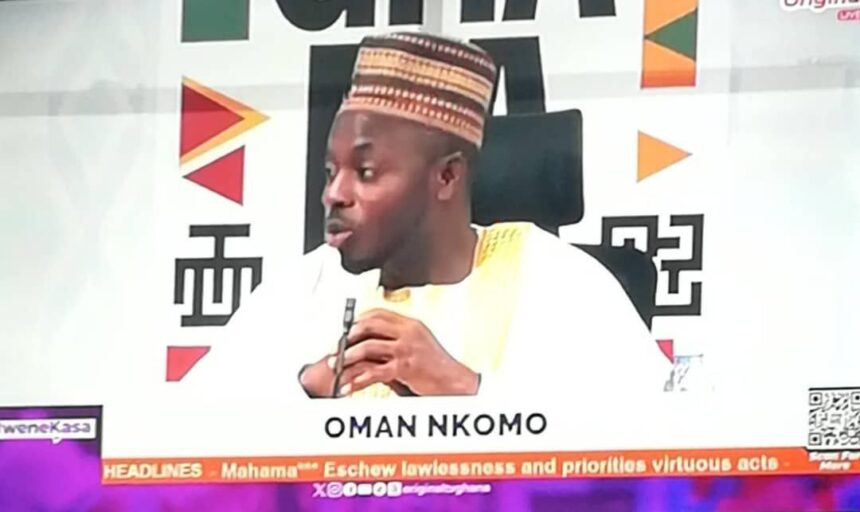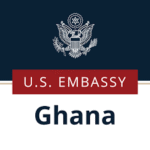In a compelling appearance on Original TV’s Oman Nkomo show on Monday, March 31st, Honorable Razak Hussein delivered a comprehensive address touching on religious observance, political responsibility, and social values.
The respected politician offered insights that bridged spiritual practice with civic duty, creating a thoughtful discourse on the intersection of faith and public service.
Hon. Hussein began his appearance by expressing gratitude to Allah for the blessing of witnessing the complete month of Ramadan.
He extended warm Eid Mubarak wishes to viewers and the broader community, setting a tone of celebration and unity.
The significance of Ramadan featured prominently in his discourse, with Hussein emphasizing how the holy month serves as a spiritual training ground that helps Muslims refrain from both minor and major transgressions.
He elaborated on the disciplinary aspects of fasting and how these practices cultivate self-restraint and moral rectitude
Beyond Ramadan itself, Hussein discussed additional fasting opportunities in Islamic tradition, including Sitta Shawwal—the six days of fasting in the month following Ramadan—highlighting the continuous nature of spiritual practice beyond the holy month.
Hussein spoke extensively about the critical role of prayer in Islamic practice. He detailed the importance of the five daily prayers as pillars of faith while acknowledging other forms of devotion prescribed by the Prophet Muhammad.
With particular emphasis on Laylat al-Qadr (the Night of Power), Hussein described these sacred moments as profound opportunities for Muslims to establish a direct connection with their Creator.
He also addressed the traditional practice of moon sighting that determines the beginning and end of Ramadan, balancing respect for religious customs with practical advice to “take safety measures and leave the rest to God.”
Addressing his role as a politician, Hussein acknowledged that Ramadan had temporarily limited his participation in certain social events but affirmed his intention to fully resume these activities.
This reflection offered a glimpse into the practical challenges of balancing religious observance with public service.
Hussein articulated a philosophy of leadership rooted in humility, describing political leadership as “a privilege and honor.” He emphasized that politicians should align their decisions with their religious principles and moral foundations.
The honorable politician condemned the practice of belittling others due to their privileges or positions, calling for greater respect in public discourse.
In a candid segment addressing social concerns, Hussein spoke about what he characterized as “indescribably indecent dressing” among some women in society, calling for greater modesty and adherence to traditional values.
The concept of legacy featured prominently in Hussein’s remarks. He stressed the importance of living a life that leaves a positive imprint, noting that after one’s passing, people will testify to the quality of one’s character and contributions—whether positively or negatively.
Hussein concluded his appearance with a direct appeal to President Mahama, urging him to hold accountable those involved in corruption, with specific reference to the ECG container scandal.
This call for transparency and accountability demonstrated Hussein’s commitment to good governance and public integrity.
Through his wide-ranging address, Hon. Razak Hussein presented a thoughtful integration of spiritual values and civic responsibility, offering viewers a framework for understanding how religious principles can inform and enhance public service.



